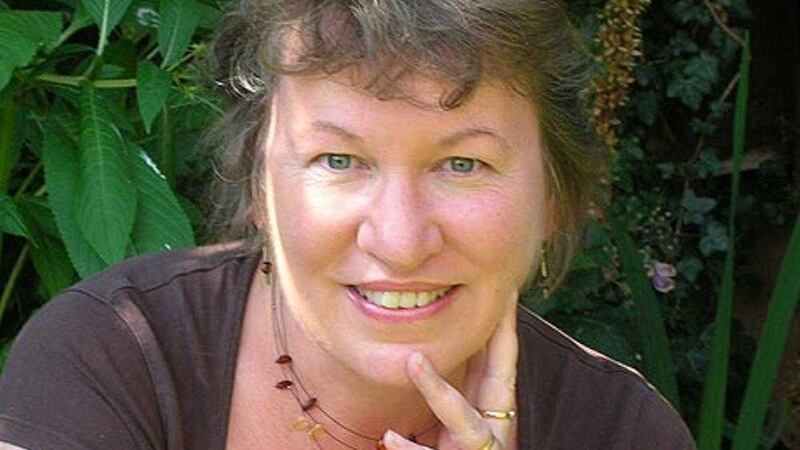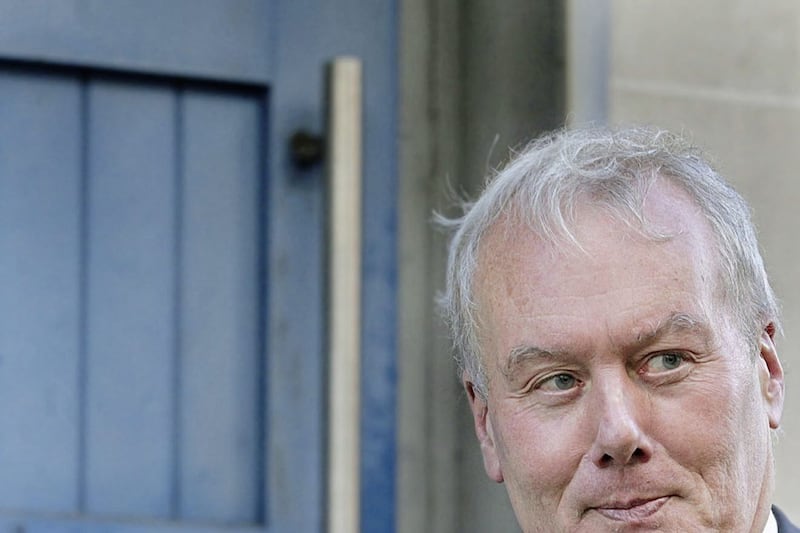POLITICS should be hibernating for Christmas: time to feed a new thought or two.
I don't myself much like 'books of the year' lists, but here are some of mine anyhow, none of them heavyweight non-fiction. Whistling while the world burns - but why be a fraud instead of sharing enthusiasm.
The best stuff came recommended, or I fell over it. Poetry repels too many. One daughter's Christmas present last year included 'Poem for the Day, Two', an eccentric but winning collection mixing big and to me unknown names.
The originator apparently hoped readers to read daily and learn by heart: being more of a skimmer I read in bursts.
Pages are headed by facts about a poet or poets with relevance to the date, often unconnected to the poem printed for that day. This gives a dry sort of twist.
Adrienne Rich does have one for July 3rd underneath a note that on July 3rd 1997 she refused the National Medal for the Arts from the White House "because the very meaning of art as I understand it is incompatible with the cynical politics of the Clinton administration". Read her In Those Years for yourself.
It ends with the lines, printed here without proper breaks:
"But the great dark birds of history screamed and plunged into our personal weather
They were headed somewhere else but their beaks and pinions drove
Along the shore, through the rags of fog where we stood, saying I"
Another daughter gift was Elena Ferrante's My Brilliant Friend, much celebrated in part because the author is so successfully anonymous some play with the thought that she is a man.
Which is intriguing, because the book, the first of a quartet, is particularly vivid - and to me believable - as an account of female friendship as well as of Italian society over decades; though that summary is an almost perverse under-playing of an original writer.
Short stories I picked up in my youngest brother's house were very different: William Boyd trying out a character around whom he built the novel A Good Man in Africa a little later, another couple drawing on childhood years in Ghana and Nigeria, and the smasher that gave the book its title, On the Yankee Station.
If I say it's about bullying, I'm maybe under-selling it like My Brilliant Friend. But bullying is fascinating, yes? It's also 'about' life on the carriers launching the planes that bombed Vietnam.
A bit late in the day it occurs to me to point out that most of these just happened to be new books to me this year.
Boyd's short stories came out in 1981.Thriller readers tell me though that the new Ian Rankin is another good one: more pensioned-off grumpy Rebus back investigating cold cases.
But this year's most unforgettable books for me were by Siobhan Dowd, someone it was a gunk to realise had died in 2007. She was 47, halfway through publication of four very different novels in four years.
London-born of Irish parents, she wrote consciously for teenagers after working for PEN in New York, visiting Indonesia and Guatemala, defending Salman Rushdie among others.
Her own are, I suppose, campaigning books: written as though inside the lives of young people in trouble of one kind or another, plain-spoken and in places beautiful. Her royalties go to a trust that encourages reading for disadvantaged young people.
She won the librarian-nominated Carnegie award for Bog Child, finished three months before she died, the heroine an eerily imagined prehistoric girl facing execution with an un-hackneyed foreground in our Troubles.
Her first, A Swift Pure Cry, is a passionate diary clearly drawing on the Kerry Babies scandal, but at several removes.
So the ending contains hope, the heroine is likeable, funny, marooned outside a gossipy Irish village with a recently-dead mother, hopeless father, and for company a young brother and a misfit young priest.
Solace of the Road has a girl in foster care running away, through England, to find her mother in Ireland.
The London Eye Mystery is the lightest, the hero a boy on the autistic spectrum playing detective.
Dowd was apparently halfway through it, planning a series, when the Curious Incident of the Dog in the Night came out.
Rave reviews about 'young adult' writing led me to library shelves with treasures as well as schlock.
It's worth asking librarians to order new titles, I've found: most will keep at it until the shutters come down.
May you find peace amid the Christmas racket. Happy reading.







